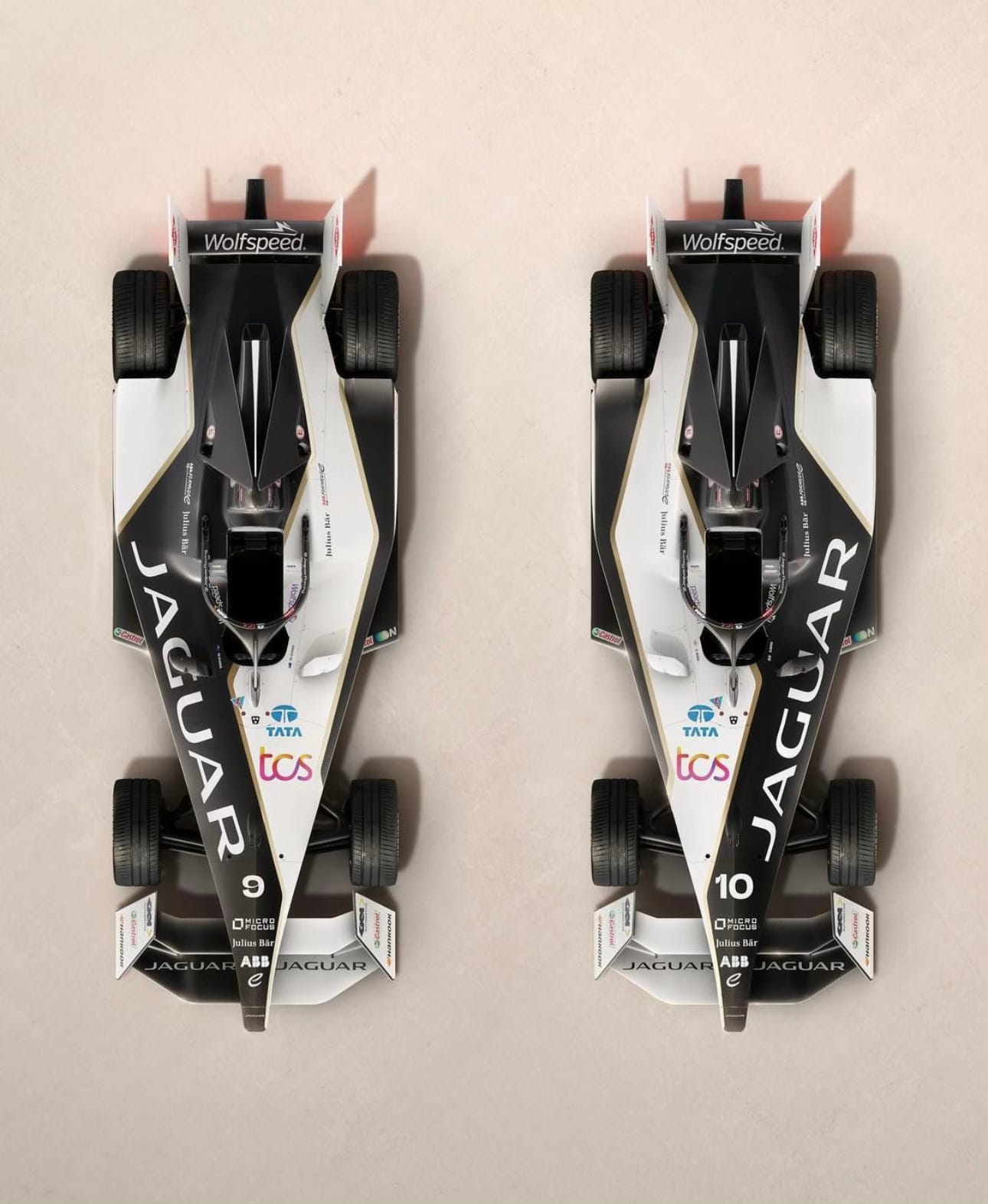Team Work and Beating the Odds
One core reason F1 means a lot to me and should to you, are the qualities it shows on the race track that also plays out in our lives. Resilience, team work, preparation, being efficient, ups and downs, conflict handling, and the list goes on.
Anyone who works in Formula 1 goes through a range of emotions each race year. So how easy is it to have the right state of mind to ensure proper team work, remain efficient whilst managing risks and conflicts. It takes loads of internal work to participate in this sport let alone remain competitive.
Pre-season, car designs are already being worked on. Design considerations cuts across reliability, safety and performance. What is the point in leading a couple laps only to end up gassing out towards the end and loosing places. Remember, it is a long game, the drivers train not only their driving skills, but their body, for increased endurance and focus. In a similar fashion, you want the cars to endure to the very end.
Light insight, I will go into more detail every post:
In Formula1, you have strict regulations just like every sport. Races are held in diverse locations, having diverse attributes and how that affects a team’s performance. Point to note:
Whilst it is difficult to design for all possible factors you may face, you should design to beat the odds.
You have got a bunch of regulations, a budget, specific drivers with different styles, and specific tracks to compete on. How do you bring these factors together to achieve your ultimate objective which often is to be on podiums. How do you achieve this whilst having team work, reduced cost and safety. Now this becomes a multi-objective optimisation problem. F1 teams require in-house Data Scientists and Machine Learning engineers, not to plot fancy graphs and build fancy algorithms, but identify the niche area , that sweet point that makes them in particular, competitive. Whilst charts and algorithms will aid in achieving these multi-objectives, the focus is often lost in the shadows, when engineers aim to prove who has the “best algorithm” or whatever that might mean. Team work is vital here, us not me, multi-objective not one objective, leading in the long run, not leading for a few laps. Mercedes AMG Petronas did not achieve 8 consecutive wins by luck.
Once this mindset and character is adopted across board, more importantly by the AI engineers who will be emerging to solve these data related problems, an F1 team can create consistent success. Work with your team to beat the odds!


